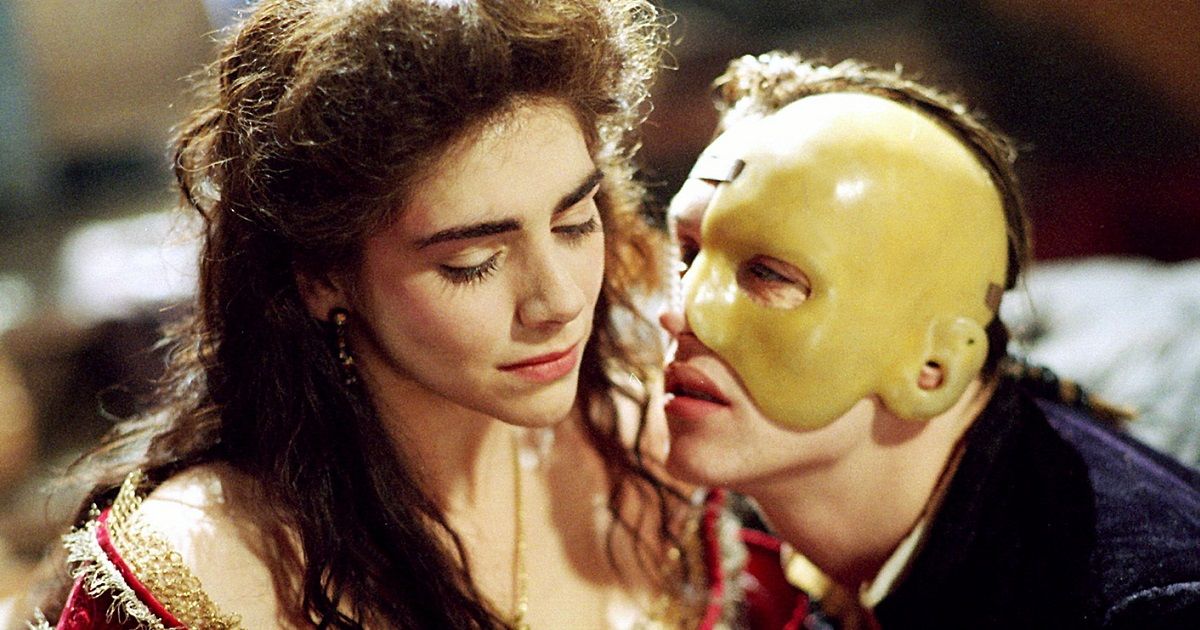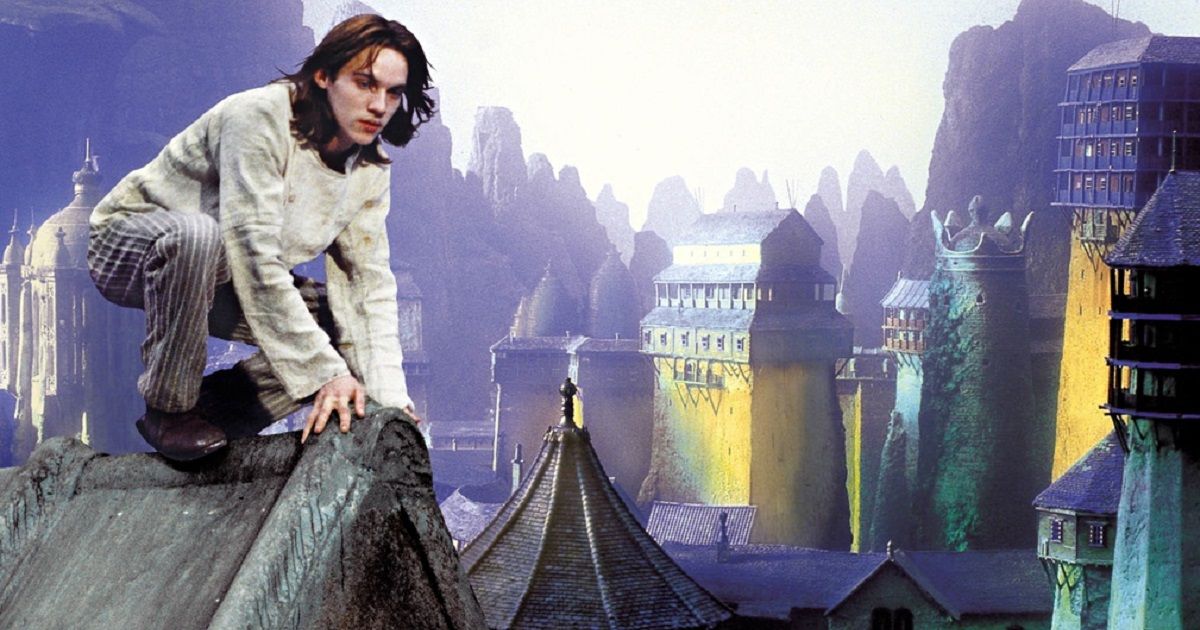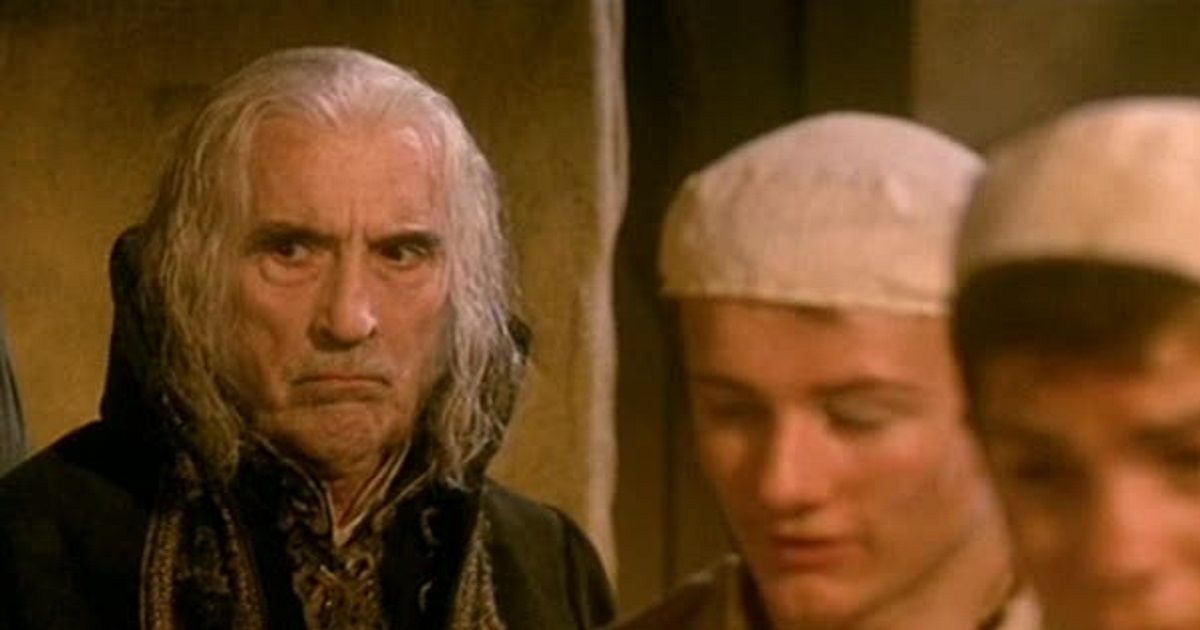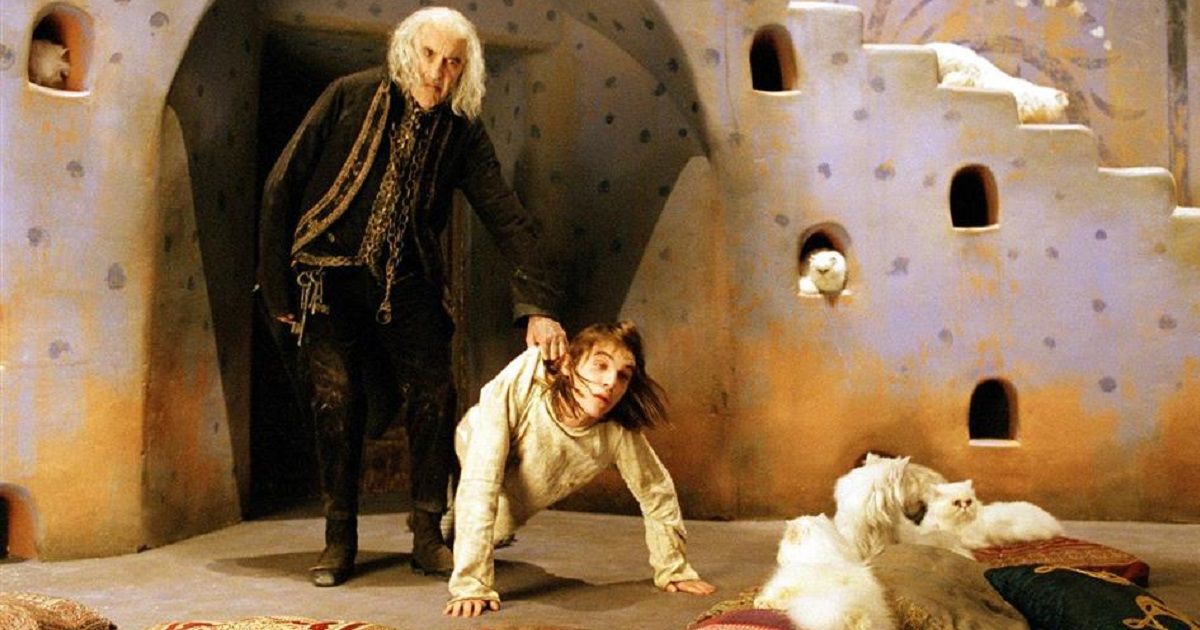Before Peter Jackson unleashed the Lord of the Rings movies on an unsuspecting world, there was Gormenghast. Premiered in 2000, the joint BBC/PBS production was years in the making and featured one of the most glittering casts of any fantasy production. It included such luminaries as Ian Richardson, Christopher Lee, Richard Griffiths, Celia Imrie, Fiona Shaw, Stephen Fry, and many others. However, it received only a lukewarm response on airing, and Mervyn Peake's fantasy masterpiece has lain untouched by TV producers and movie-makers alike ever since.
A year or two ago, fans of Peake's work were delighted to discover the saga of the House of Groan was destined to hit our screens once more, with Neil Gaiman (The Sandman, American Gods) slated to produce. However, that was in 2019, and since then, there has been precious little movement. In fact, Gaiman's preoccupation with his own wildly successful Good Omens series (a second season of which is in production), not to mention various other TV and movie projects, has left many fans wondering if the Gormenghast adaptation has been kicked into the long grass.
We certainly hope not! Here's why.
The Definitive Adaptation Is Still to Be Made
The 2000 version of Gormenghast had lots going for it. Aside from the panoply of great actors it attracted, it benefited from lavish sets, careful world-building, and an award-winning orchestral score by English composer Sir Richard Rodney Bennett. It also featured a bravura performance from a 22-year-old Jonathan Rhys Meyers (still seven years away from his signature role as Henry VIII in Showtime's flagship drama The Tudors) in the lead role as scullion-turned-murderer Steerpike, who makes it his mission in life to topple the aristocratic but flea-bitten House of Groan from their position as ruling family of Gormenghast.
Nevertheless, the serial fell a little flat, mostly because of the script, which, unlike the Hobbit trilogy trying to do too much with too little source material, attempted to shoehorn the entirety of the first two books of Peake's original trilogy into slightly less than four hours of runtime.
The result was a confusing hodgepodge of interweaving storylines and intrigues, the linkages between them seldom being properly explained or resolved for lack of time. While faithful to the original, even down to individual scenes and speeches, for non-fans, it made for a mystifying viewing experience. The bewildering plot was constantly undermining the pitch-perfect line readings by the procession of distinguished actors.
It is plain that any new version of the original should either narrow the focus of the story. Perhaps concentrating on Peake's first installment in the series, Titus Groan, rather than tackling two novels at once and thinning out the dizzying array of characters. The result may lose a little texture, but the clarity such a strategy would lend to the trilogy's labyrinthine narrative would more than compensate for the loss.
Green Screen Technology Opens New Vistas for the Makers
Though it won awards for its special effects, it is fair to say that Gormenghast's green screen scenes, though impressive at the time, have not aged well. Even compared with the widely-lambasted green screen effects of Star Wars Episode II: Attack Of The Clones, released just two years later, the green screen work looks shonky. The seamless transition between physical sets and virtual backgrounds is never quite achieved.
But it is not only the perfected green screen technology that will allow for the perfect rendering of Gormenghast's gothic aesthetic. The director has also benefited in the interim, with virtual cinematography rendering many of the tried-and-tested camera moves of the original production obsolete. Why pan away from the Countess Gertrude's pet bird, Mr. Chalk, in-flight over Gormenghast's pagoda-like rooftops as the original did when today's tech allows us to accompany him on his flight?
Today’s Audiences Are Used to Fantasy Sagas
In many ways, Gormenghast was the victim of its own bad timing, leaving viewers largely cold on its premiere in January 2000 on account of its obscure plot. The following year, however, Peter Jackson's The Lord of the Rings: The Fellowship of the Ring debuted to widespread critical acclaim, ushering in a new era of big-budget fantasy drama television and film that never really went away. These days, televisual and movie audiences are well accustomed to the intricate storytelling that the genre typically entails.
With similarly multi-layered, ensemble series such as HBO's Game of Thrones and Amazon's The Wheel of Time regularly winning large audiences and carving out loyal fanbases, it is a safe bet that a new Gormenghast adaptation, if done properly, would have few of the difficulties in finding an audience that dogged its predecessor.




